🛞 Does PPF Increase the Resale Value of My Vehicle?
Why PPF Matters for Resale
If you’re thinking of protecting your car with paint protection film (PPF), you might be wondering:
“Sure, it keeps my paint safe, but will it actually help me when I go to sell this thing?”
Short answer? Yes—if it’s done right. Let’s break down how PPF affects resale value, perception, and pricing (and where it won’t help).
🚘 Why Buyers Care About PPF
- Pristine Paint = Strong First Impression: Shiny, scratch-free paint signals a well-maintained car.
- Reduced Cosmetic Wear & Tear: No rock chips, swirl marks, or faded clear coat? That’s a selling point.
- Higher Asking Price = Less Negotiation: Buyers are less likely to nickel-and-dime you over dings and defects.
- Premium Film = Premium Buyer Appeal: Top-tier film (like ceramic-infused or self-healing PPF) shows pride in ownership.
💸 How Much More Can You Sell It For?
There’s no fixed number, but here’s what you’re gaining:
- $500–$2,000 of perceived value depending on the car and coverage
- Faster sale (cars with perfect paint sell quicker)
- More leverage to justify your asking price
It’s less about blue book math and more about buyer psychology.
❌ Where PPF Doesn’t Help Resale
- Bad Install = Red Flag: Peeling edges, bubbles, or yellowed film will hurt resale.
- Cheap or Partial Coverage: Front-end only on a luxury car? Feels like a shortcut. Go full-body or tell the story clearly.
- DIY Jobs: Unless you’re a trained installer, home PPF rarely holds up—and most buyers will spot it.
🧠 Bottom Line
PPF won’t magically add $5,000 to your trade-in. But it absolutely increases buyer confidence, helps you command a higher price, and makes your vehicle look years newer.
Want to maximize resale value? Get PPF installed professionally, keep documentation, and choose a film that’s designed to last.


